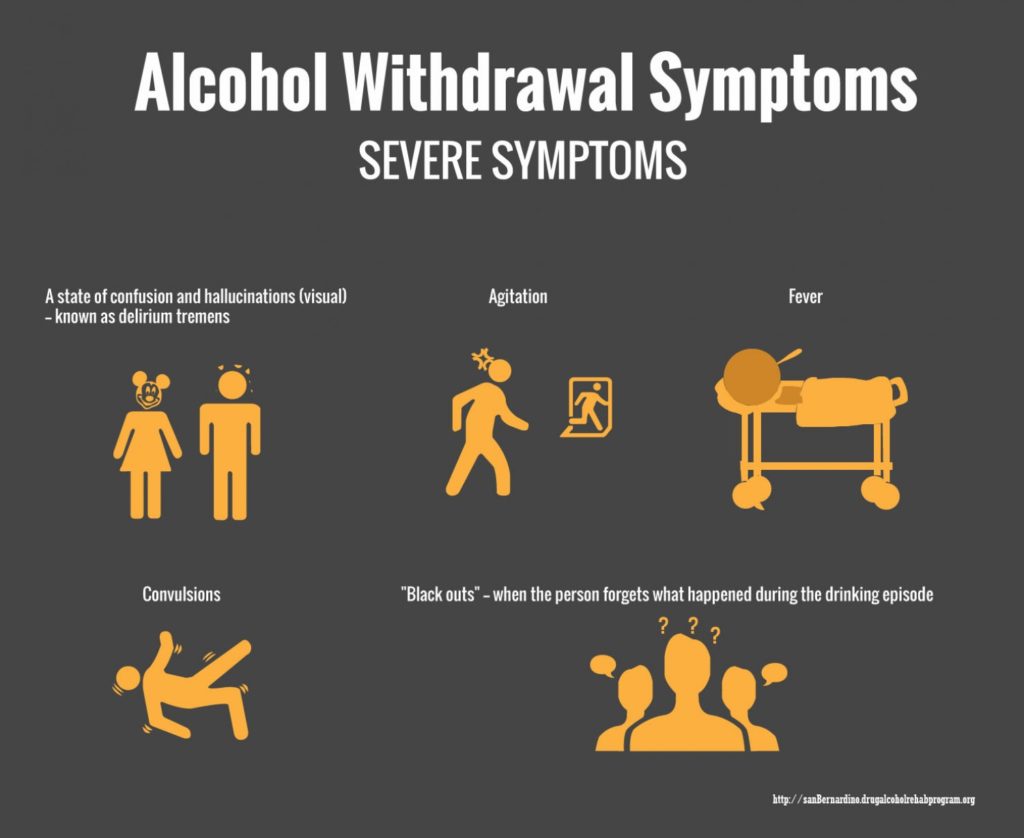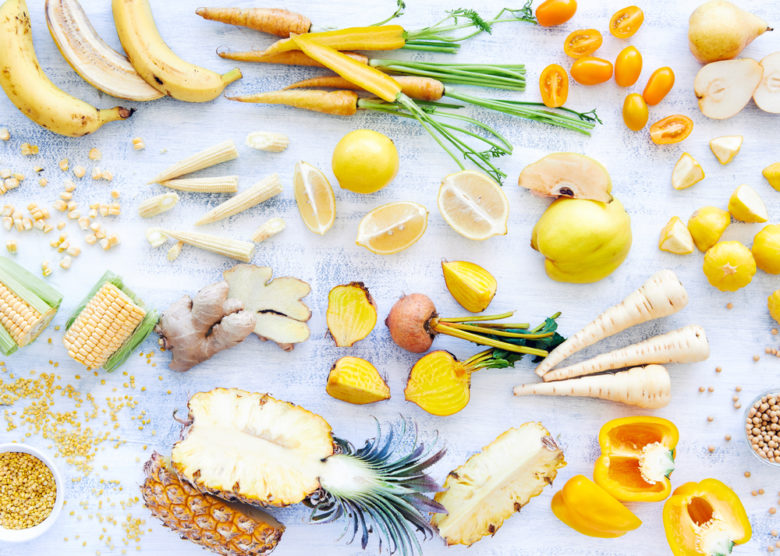“What we all want, really, is to be loved.
That craving drives our worst behavior.”
– Jodi Picoult, U.S. writer, and author of “Handle with Care”
Everybody gets cravings – an unexplainable kind of primal urge for something that’s often just that little bit naughty.
Let’s be honest here. Expectant Moms can’t really be trusted around obscure food combinations. For example, from personal experience, here in Colorado… peanut butter and Old Wisconsin pepperoni sticks, eaten together (seriously…) to name but one.
Or how about a big, old’ juicy quarter pounder, with all the extras, as you complete the first hour (yes, only the initial 60-odd minutes) of your new 100% vegan diet.
In truth, those kinds of cravings, although possibly eyebrow-raising for our loved ones (and even a little funny), aren’t an issue, not at all. A temptation that is succumbed to. Harmlessly.
However, some cravings, if succumbed to, can be fatal. Just ask the battle-hardened alcoholic, who has been trying (sometimes, successfully for a while) to quit the booze for years, ending a life of serious alcohol abuse that had once cost him his job – or even worse, his family. Ask him if a return to drinking will help improve things for him.

Or perhaps ask the senior college kid, who has been experimenting with certain drugs ever since his education moved him away from his parents’ watchful eyes, and now presented with a nameless needle at a party, even though he swears he’s “stopped doing that kind of thing.”
For those in recovery from either drug or alcohol addiction (substance use disorder – SUD, or alcohol use disorder – AUD, to give them their medical titles), cravings really can possibly be fatal. If they don’t prove fatal, they will, however, and only if succumbed to, send you back to the hell-hole you have escaped from – the deep, dark pit that is addiction. If you are in addiction recovery, successfully coping with any drug or alcohol cravings is clearly, often vitally, important to your future health and sanity. Here are your “4 Ways to Successfully Cope with Addiction Withdrawal Cravings”:
1. Understand Your Triggers & You’ll Understand Your Cravings

Addiction is medically described as a “chronic, relapsing brain disorder.” Not only do you have to contend with the early physical effects of withdrawing from your substance of choices, such as alcohol, cocaine or prescription painkillers, you will also be left with the psychological (and longer-term) effects of your disorder.
In other words, your brain will still be trying to trick you into thinking that one more drink, one more hit or one more tablet will take any physical or mental discomfort you may currently be feeling right away. Yes, your brain will lie to you – that’s the power of addiction.
Understanding your relapse triggers, which can be anything that prompts strong thoughts of using drugs or drinking alcohol once again, such as difficult or negative emotions, stress (a common danger), physical illness or mental disorder, and romances breakups will help you identify when you are most likely to be at risk from cravings.
2. Redirect Your Focus
Cravings will happen to anyone in recovery from substance abuse, particularly at the beginning of that recovery. During the early days of sobriety, cravings will provoke intense physical and mental responses, eg. the recovering alcoholic whose hands tremble and shake as they sit watching others drinking alcohol. Furthermore, recovering addicts often dream of returning to substance abuse.
The answer to this sounds simple – to redirect your focus – but it can be difficult to achieve without practice. Therefore, it is up to the individual to build strategies to redirect their focus when cravings occur. Examples of this redirection include listening to music, reading, doing an exercise (or just going for a walk). Cravings only last 10-15 minutes before subsiding. Redirect your focus, and just ride them out.
3. Be Active & Exercise

Regularly being active and exercising is a healthy and positive way to combat cravings. Addiction causes irregular chemical balances in the brain. As exercise helps the brain to release endorphins naturally, you are helping to restore that natural balance. Furthermore, exercise helps to reduce stress and anxiety – possible triggers to an unwanted relapse. And don’t forget to always eat healthily!
4. The Holistic Approach
Learning relaxation techniques can help to combat addiction cravings in a holistic way. Therapies such as chiropractic care, massage therapy, and acupuncture can also help to manage such cravings.
However, yoga and, in particular, mindfulness meditation have shown the greatest benefit in helping those during addiction recovery. In fact, many professional addiction rehab centers and outpatient facilities (for example, outpatient rehab Denver or elsewhere in Colorado) offer these therapeutic classes as an actual part of their recognized treatment programs. You can find additional information on womensrecovery.com.
Although mindfulness meditation is considered “alternative medicine,” a number of in-depth studies published by Harvard Health Publications show that it can be an effective method for reducing anxiety, depression and even physical pain – all of which are cited as side effects of addiction withdrawal.
Cravings: Drivers of Our Worst Behavior

So there you go… 4 Ways to Successfully Cope with Addiction Withdrawal Cravings:
- Understand Your Triggers & You’ll Understand Your Cravings
- Redirect Your Focus
- Be Active & Exercise, and
- The Holistic Approach
By using these successful coping mechanisms when cravings strike you during your addiction recovery, you will be far better placed to accept them for what they are, ignore them to a point, and ride them out. They will certainly lessen in number and intensity as your time in sober recovery lengthens, until one day, you will refer to them only in the past tense. Good health to you all.

